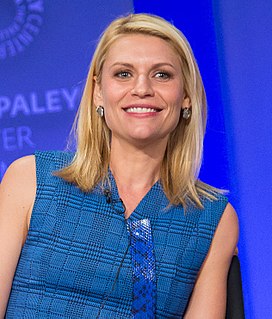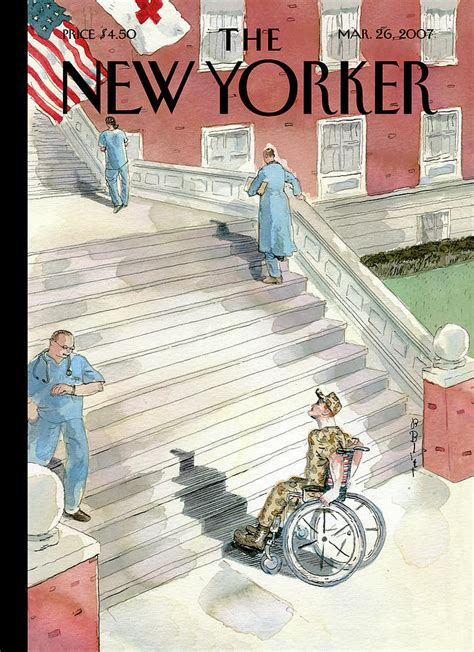A Quote by Eric Hoffer
To think out a problem is not unlike drawing a caricature. You have to exaggerate the salient point and leave out that which is not typical. "To illustrate a principle ," says Bagehot , "you must exaggerate much and you must omit much." As to the quantity of absolute truth in a thought : it seems to me the more comprehensive and unobjectionable a thought becomes, the more clumsy and unexciting it gets. I like half-truths of a certain kind they are interesting and they stimulate.
Related Quotes
I can live with doubt and uncertainty and not knowing. I think it is much more interesting to live not knowing than to have answers that might be wrong. If we will only allow that, as we progress, we remain unsure, we will leave opportunities for alternatives. We will not become enthusiastic for the fact, the knowledge, the absolute truth of the day, but remain always uncertain … In order to make progress, one must leave the door to the unknown ajar.
Is evolution a theory, a system, or a hypothesis? It is much more it is a general postulate to which all theories, all hypotheses, all systems must henceforward bow and which they must satisfy in order to be thinkable and true. Evolution is a light which illuminates all facts, a trajectory which all lines of thought must follow this is what evolution is.
I do prefer doing more takes. There's something very organic that comes from the first take, but certain things come out. More details come out, in the way another actor says something. It's always this investigative process. You come further and further to the truth, the more you escalate. I like to do a lot of takes. I have a hunger for it. I like to see what there is to discover in a scene, that hasn't been thought of.
I don't have a philosophy of caricature. I'm not even sure I am a caricaturist, in the strictest sense of the word - I don't really exaggerate much. For a while, recently, I was thinking of attempting a reverse-caricature of Donald Trump; he certainly already appears to be a caricature of himself. I wondered about de-caricaturizing him, scaling back his whole face and hair and visual excess, and attempting to shed light on him that way.
Anytime we think the problem is 'out there,' that thought is the problem. We empower what's out there to control us. The change paradigm is 'outside-in' - what's out there has to change before we can change. The proactive approach is to change from the 'inside-out': to be different, and by being different, to effect positive change in what's out there - I can be more resourceful, I can be more diligent, I can be more creative, I can be more cooperative.
“This is hurting me a lot more than it’s hurting you,” he said. It was his standard line, but I knew that this time he was right. Worse than the boil was the stuff that came out of it. What got to me, and got to him even worse, was the stench, which was unbearable, and unlike anything I had come across before. It was, I thought, what evil must smell like - not an evil person but the wicked ideas that have made him that way. How could a person continue to live with something so rotten inside? And so much of it!
Writing a book about [Buckminster Fuller] in the sense of deciding how much to - how much biographically to gloss over and how much I can leave out is relatively easy as it is because the true believers already know everything. They know a lot of things that are not true and they know a lot of things that I thought were (and seems there's very good evidence not to believe) and therefore, my starting point was I think to tell his myth because that's what grabbed me.
No thought, no idea, can possibly be conveyed as an idea from one person to another. When it is told it is to the one to whom it is told another fact, not an idea. The communication may stimulate the other person to realize the question for himself and to think out a like idea, or it may smother his intellectual interest and suppress his dawning effort at thought. But what he directly gets cannot be an idea. Only by wrestling with the conditions of the problem at first hand, seeking and finding his own way out, does he think.





































